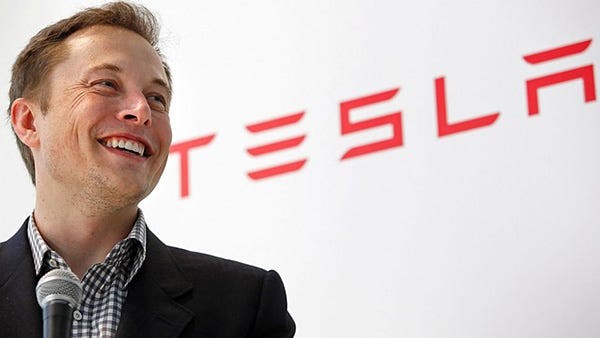adverts
U.S. Court dismisses $258 billion lawsuit against Elon Musk over alleged dogecoin ‘Pyramid Scheme’
A U.S. court has dismissed a massive $258 billion class action lawsuit filed against Elon Musk and his companies, Tesla and SpaceX, over allegations of promoting a “crypto pyramid scheme” involving Dogecoin.
The lawsuit, originally filed nearly two years ago, accused Musk of using his influence as one of the world’s richest men to manipulate the price of Dogecoin, a popular meme-based cryptocurrency.
The case, heard in U.S. District Court for the Southern District of New York, was presided over by Judge Alvin Hellerstein, who ultimately ruled to drop the lawsuit.
adverts
The plaintiffs in the case argued that Musk’s public endorsements of Dogecoin led to a dramatic surge in its price—up by an astonishing 36,000%—only for it to crash later, causing significant financial losses for investors. The plaintiffs claimed this constituted a “Dogecoin Pyramid Scheme,” suggesting that Musk’s actions were aimed at exploiting market volatility for personal gain.
Central to the lawsuit was the assertion that Musk’s repeated promotions of Dogecoin, particularly through his social media platform X, artificially inflated the cryptocurrency’s value.
At one point, speculation was rampant that Musk was directly involved in the creation and development of Bitcoin, further fuelling investor interest. The situation peaked in May 2021, when Musk made a highly publicised appearance on the television show Saturday Night Live, where he jokingly referred to Bitcoin as a “hustle.”
This comment coincided with a 25% drop in Dogecoin’s value shortly after it had reached an all-time high of $0.73.
In his ruling, Judge Hellerstein stated that Musk’s statements about Dogecoin were aspirational rather than factual and that no reasonable investor should have interpreted them as financial advice. The judge argued that while Musk’s comments might have influenced market behaviour, they did not constitute fraud or manipulation under the law.
Musk’s legal team had previously argued for the dismissal of the case, contending that their client’s public statements about Dogecoin were too vague to support claims of fraud.
They emphasised that Musk’s promotion of the cryptocurrency did not involve specific promises or guarantees and was therefore not actionable.
In recent years, Musk’s stance on cryptocurrency has evolved. Tesla, which initially accepted Bitcoin as payment for its electric vehicles, later reversed that decision, citing environmental concerns. Musk has also reduced his public endorsements of Bitcoin and other cryptocurrencies, focussing instead on his other business ventures.
Despite the controversy and the significant drop in its value, Dogecoin remains the largest meme coin by market capitalisation, with a current market value exceeding $14 billion. The coin’s community, once fuelled by Musk’s endorsements, has seen a cooling of interest, although it still maintains a strong following.
The court’s decision to dismiss the lawsuit underscores the challenges of holding public figures accountable for the impact of their statements on volatile markets like cryptocurrency. As digital currencies continue to capture the public’s imagination, the case serves as a reminder of the inherent risks and the importance of investor caution.


